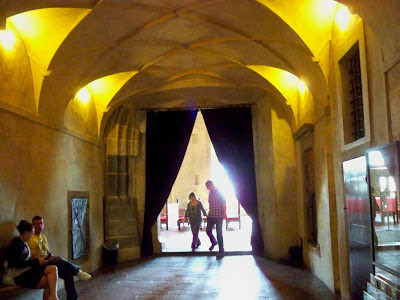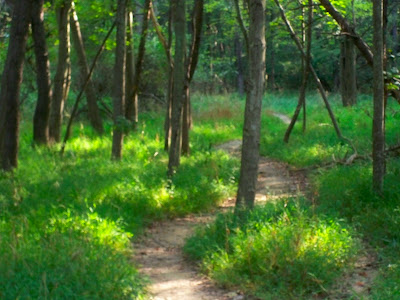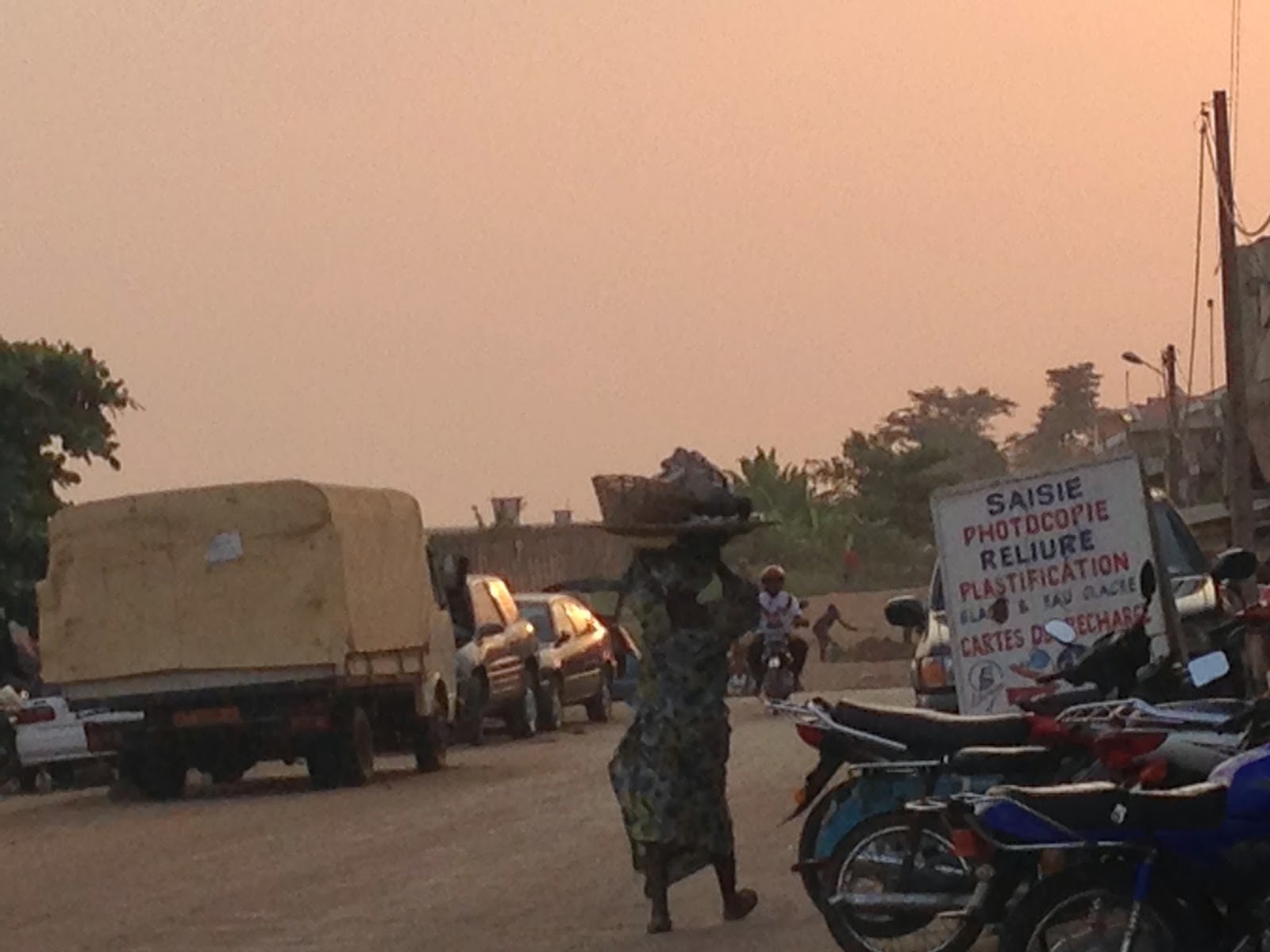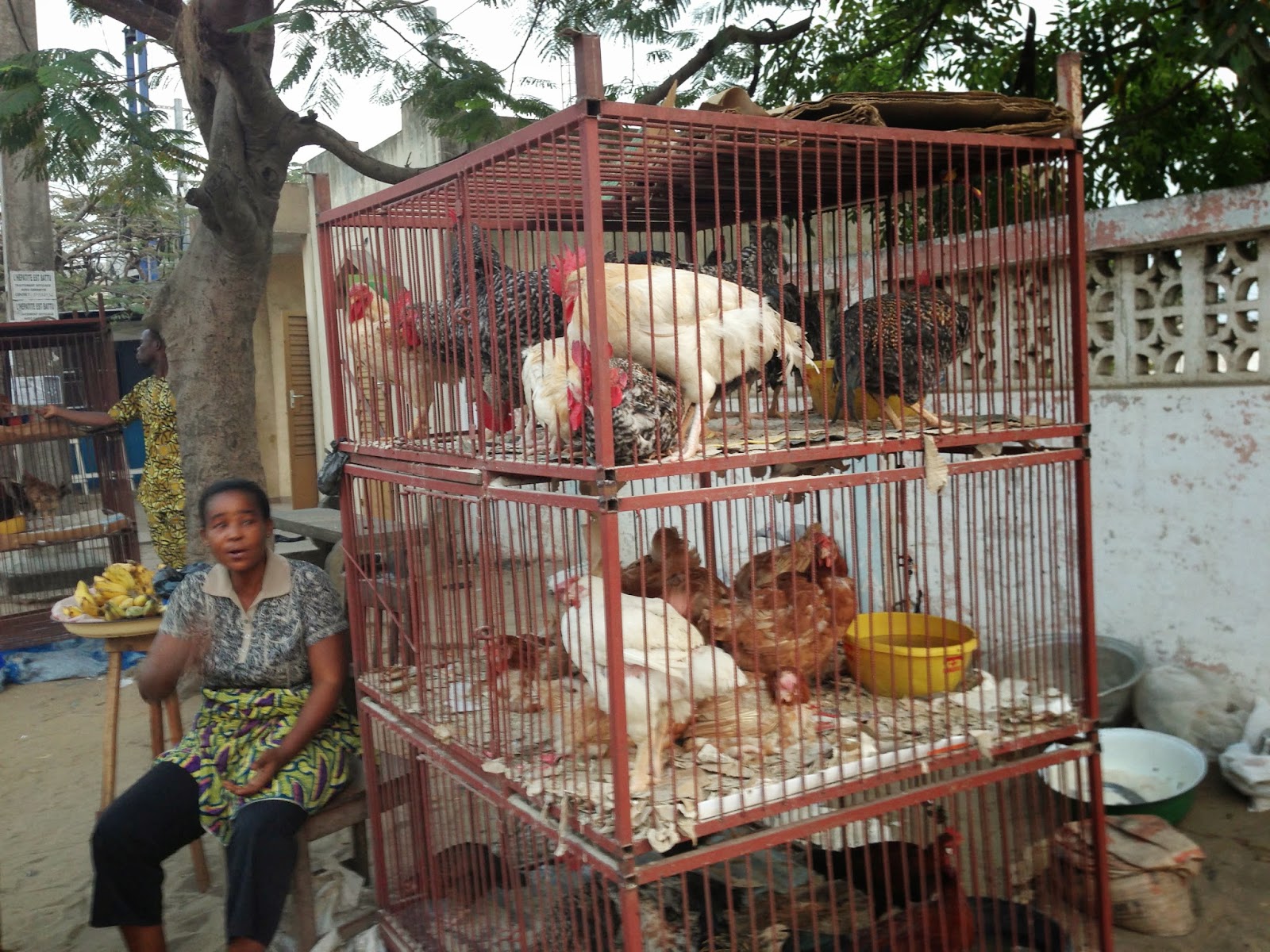Young Inside
I remember a conversation I had with Dad in the hospital when he was recovering from one of his surgeries. He was getting better every day, so it was not a bad hospitalization that time, and we were having a good visit.
We talked, as we often did, about his time in England during World War II. He was 21 years old then, seeing the world for the first time. “You know something?” he said. “I still feel that age inside.” Dad was lying in a hospital room with wires that measured his respiration and heart rate. He had an IV and catheter. It was difficult to imagine how he felt young inside.
More than a decade later, I understand what he meant. In part it’s the mind’s way of dealing with dizzying change. In part, it’s because we often keep the image we form of ourselves in young adulthood.
Last night, as the older girls left our Father’s Day celebration in a car stuffed with a bike and a puppy and a boyfriend, I was reminded of Dad’s comment. My kids are not only young inside; they’re young outside, too. Their lives are ahead of them. But someday they will be telling their children how the young selves they wear so lightly now are still there inside of them.






